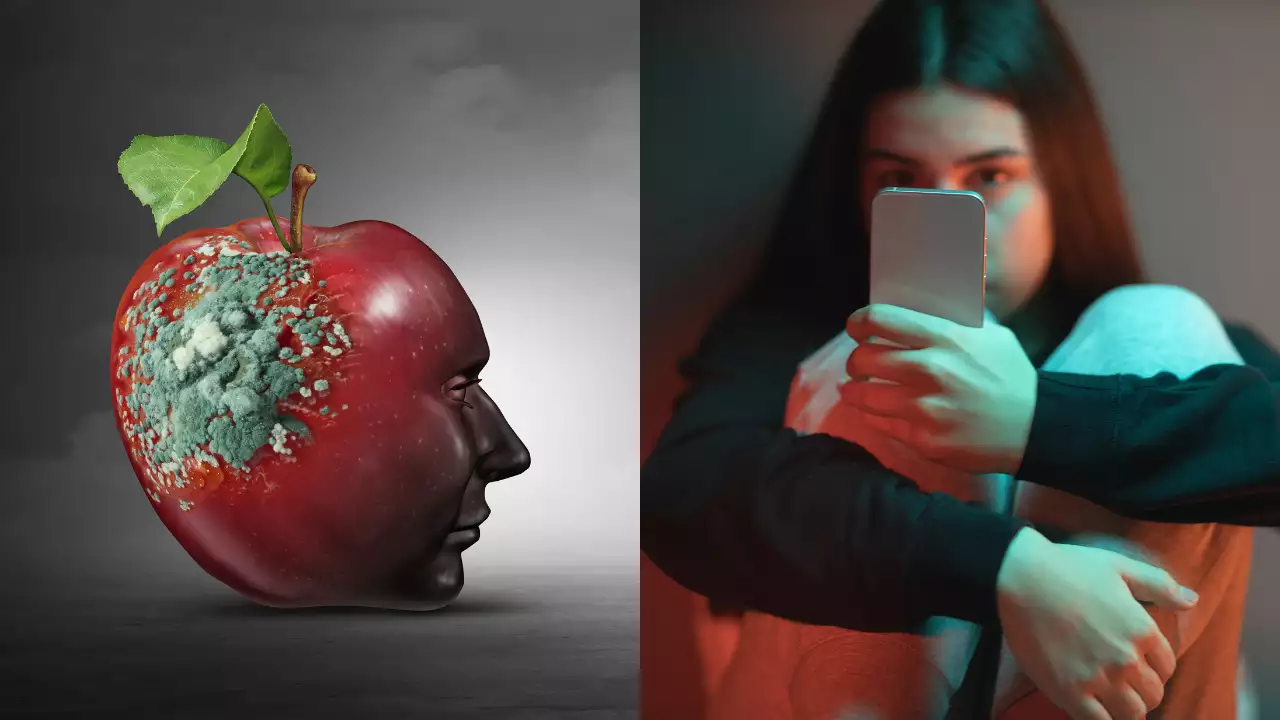Is Social Media Giving You 'Brain Rot'? The Hidden Mental Health Crisis You’re Ignoring
Dec 10, 2024
News

Image - Canva
Today, the world has become a highly interconnected society where social media no longer merely provides for friendships; it's also become an epicenter for entertainment, work, and education. However, with the growing amount of scrolling on well-curated feeds has emerged what most term as "brain rot." It conveys mental staleness and exhaustion caused by staying online for too long without adequate digital detoxing; therefore, users get fatigued, unfocused, and alienated.
The Mechanics of Brain Rot
What happens at the heart of social media brain rot is a constant flow of stimuli. Short videos, flashing ads, and notifications bombard the brain, keeping it on high alert but hardly permitting deep thinking or reflection. Such stimuli trigger a dopamine-based feedback cycle wherein one feels obligated to scroll through for the next dose of entertainment, which in many instances comes at the expense of productivity and mental clarity. Over time, these factors lead to weak memory and hard times processing information.
The Mental Health Toll
The effects of brain rot do not just end at mental exhaustion. In fact, research proves that excessive use of social media is connected to high anxiety, depression, and loneliness. Constant pressure to showcase a seemingly perfect life with exposure to highly filtered and idealized content encourages inadequacy and poor self-esteem. This matter is especially serious for adolescents and young adults, who are more likely to make comparisons and face cyberbullying.
Breaking the Cycle
Combatting brain rot requires conscious effort and intentional habits:
- Set Screen Time Limits: Utilise app timers or the built-in screen time controls on your device to track and control usage.
- Detox Regularly: Disconnect from social media regularly and spend time offline, perhaps reading, exercising, or taking time in nature.
- Curate Your Feed: Focus on following inspiring and educating accounts rather than those that inspire comparisons or negativity.
- Practice Mindfulness: Engage in mindfulness practices or meditation to re-learn your thoughts and clear mental congestion.
- Real-Life Connections: Increase your real-life relationships to make up for the sense of loneliness from online relationships.
The dual nature of social media makes our lives richer or encourages some to go brain rot, it depends on how and what we consume from it. We can protect our mental health while embracing the digital age, though it requires proactive actions toward balancing digital consumption and meaningful experiences offline.
Get Latest News Live on Times Now along with Breaking News and Top Headlines from Mental Health, Health and around the world.



